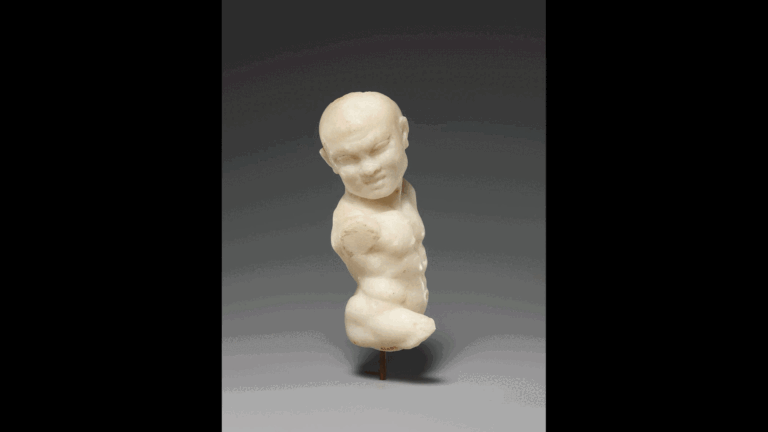Dancing dwarf: A 2,300-year-old ancient Egyptian statue of a godlike man with a muscular 6-pack

This marble statuette is emblematic of Ptolemaic-era art: a mishmash of styles with a decidedly Egyptian twist.
Science and Technolgy blog

This marble statuette is emblematic of Ptolemaic-era art: a mishmash of styles with a decidedly Egyptian twist.

An astronomer describes how the moon’s surface temperature changes.

Twins are pretty rare, accounting for just 3% of births in the U.S. these days. But new research shows that for primates 60 million years ago, giving birth to twins was the norm.

In “time expansion experiences,” time typically appears to expand by many orders of magnitude.

Research shows that A.D. 536 was not the worst year to be alive.

Honda’s new facility could drive breakthroughs in solid-state batteries for electric cars, ultimately leading to batteries with more than double the range of existing EVs.

Is the Polar’s flagship outdoor watch worth its premium price?

AI promises to accelerate scientific discovery, but if scientists aren’t careful public trust may be left behind.

The Panasonic Leica DG Elmarit 200mm f POWER O.I.S delivers professional image quality and functionality in a compact and lightweight package.

A coin hoard dating back about 2,100 years, during the time of the Jewish Hasmonean kings, has been discovered at a site in the Jordan Valley.